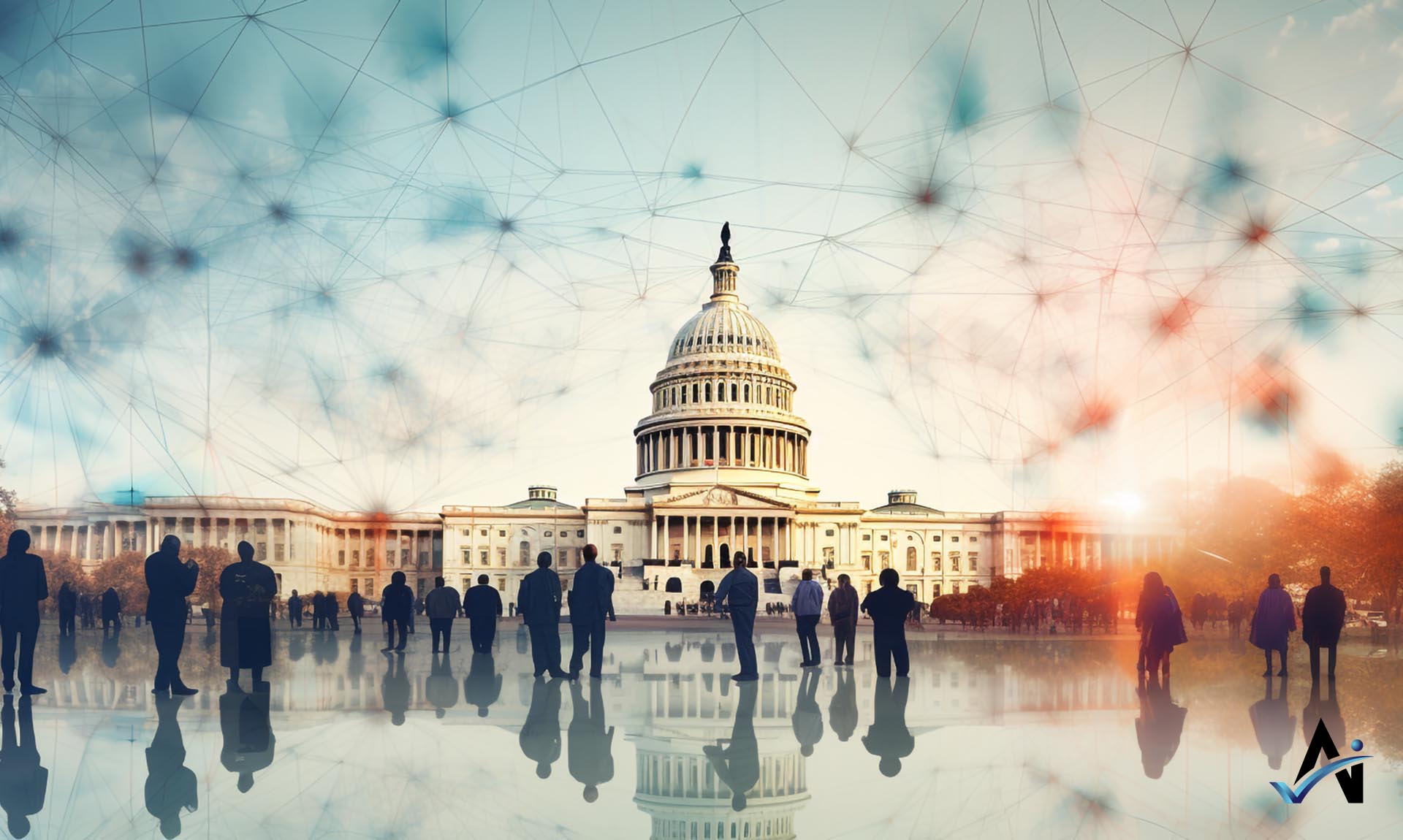Personalized Pricing: AI Helping You Save Money
Personalized pricing, a concept that tailors the cost of products and services to individual consumers, has become increasingly prevalent in today’s digital economy. What makes this phenomenon possible and effective is the integration of Artificial Intelligence (AI) into pricing strategies. AI is playing a transformative role in shaping personalized pricing, optimizing consumer experiences, and raising questions about fairness and ethics. Lets take a look into the world of personalized pricing and its synergy with AI.
The Rise of Personalized Pricing
Personalized pricing is a departure from the traditional one-size-fits-all approach. It takes into account various factors such as a consumer’s purchase history, browsing behavior, location, and even their willingness to pay. Businesses use this information to set prices that are more aligned with what an individual is willing to spend.
The Role of AI in Personalized Pricing
AI serves as the backbone of personalized pricing strategies. Machine learning algorithms analyze vast datasets containing consumer information and market dynamics. These algorithms identify patterns, preferences, and purchasing behaviors to determine the optimal price for each customer.
Dynamic Pricing
One of the most prominent applications of AI in personalized pricing is dynamic pricing. AI algorithms continuously monitor market conditions, demand, and competitor pricing, adjusting prices in real-time to maximize revenue. Airlines, hotels, and e-commerce platforms are notable examples of industries that have embraced dynamic pricing.
Customer Segmentation
AI enables businesses to create highly specific customer segments based on demographics, behavior, and preferences. By segmenting the customer base, companies can tailor pricing and promotions to target different groups effectively.
Price Discrimination
While personalized pricing can be beneficial for consumers in some cases, it can also lead to price discrimination. AI algorithms may identify customers who are willing to pay more and charge them accordingly. This has sparked debates about fairness and transparency in pricing practices.
Fairness and Transparency Challenges
The use of AI in personalized pricing has raised ethical concerns. Consumers worry about price discrimination and opacity in pricing algorithms. Ensuring fairness and transparency in AI-driven pricing models is a critical challenge that businesses and regulators must address.
Benefits for Consumers
Despite concerns, personalized pricing can benefit consumers. It can lead to lower prices for price-sensitive customers and offer tailored discounts to frequent shoppers. Additionally, it can help consumers discover products and services that match their preferences more effectively.
Improving Customer Loyalty
Personalized pricing can enhance customer loyalty. When consumers receive personalized offers and discounts, they are more likely to return to a business, increasing customer lifetime value.
The Future of Personalized Pricing and AI
As AI technology continues to evolve, so will personalized pricing strategies. Businesses will increasingly leverage AI to optimize pricing, improve customer experiences, and navigate competitive markets. However, it will be essential to strike a balance between personalization and fairness, ensuring that pricing practices remain ethical and transparent.
Personalized pricing, driven by AI, is reshaping the way businesses interact with consumers in the digital age. It offers opportunities for enhanced customer experiences and improved business profitability. However, it also poses challenges related to fairness and transparency. As AI technology advances and regulations evolve, finding the right balance between personalized pricing and ethical standards will be crucial in creating a pricing landscape that benefits both businesses and consumers.
About the Author: Rajesh Sinha
latest video
Get Our Newsletter
Never miss an insight!






